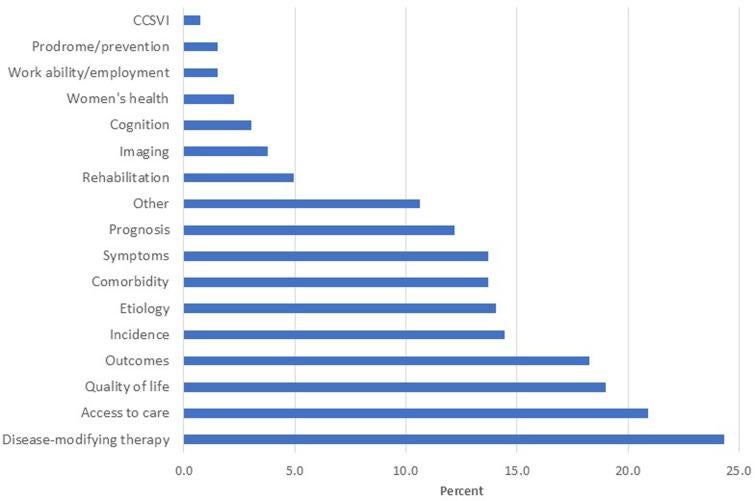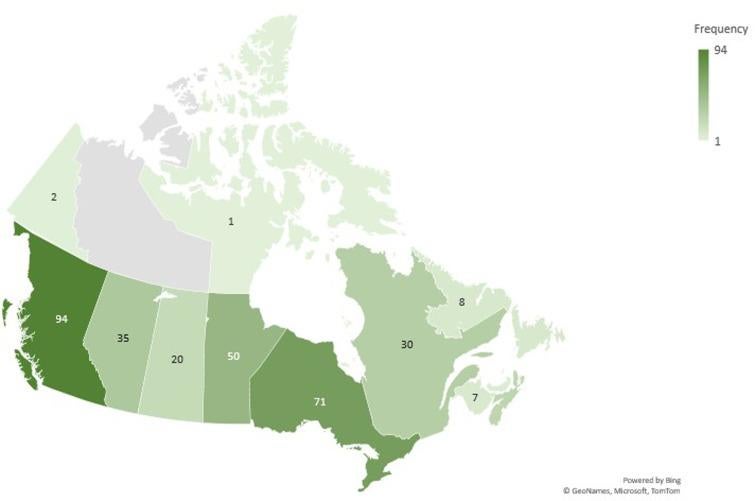Summary: We funded a study, led by Dr. Ruth Ann Marrie (Dalhousie University), that highlights key gaps in our understanding about diversity among people with multiple sclerosis (MS) in Canada. There’s a need for better reporting of diversity characteristics and greater efforts to include people from underrepresented groups in future MS research. Addressing these knowledge gaps will help ensure that all people living with MS in Canada receive equitable care and treatment.
Background: The characteristics of a person with MS, including sex, gender, race and the environment they live in, may affect their disease course and long-term health. Currently, we do not have a good understanding of the diversity characteristics of the MS population in Canada.
Details: As part of the study we funded, Dr. Ruth Ann Marrie (Dalhousie University) and her team reviewed 259 studies conducted in Canada between 2010 and 2024 that included people with MS and clinically isolated syndrome (CIS). They examined the diversity characteristics of study participants and what type of information was missing.
Results: Overall, there was a limited set of diversity characteristics reported in studies involving people with MS or CIS.
- The most commonly reported characteristics were age (92.7%) and sex (86.9%).
- The average age of participants was 43.4 years. Only a small number of studies included older adults with MS or those in home care or long-term care setting, even though most people with MS in North America are between the ages of 55-65.
Most participants were females/women, resided in urban centres, and had post-secondary education.

Percent of studies reporting diversity characteristics. - Among studies that reported race or ethnicity (11.2%), most participants were White.
- There were no reports of religion, sexual orientation, and language.
Half of the studies were from British Columbia and Ontario. Only three studies included the northern territories.

Geographic distribution of studies involving people with MS and CIS in Canada.
Impact: The study highlights a need for researchers to improve on reporting the characteristics of people who take part in MS studies in Canada. It also calls for greater efforts to include underrepresented groups in MS studies to advance our understanding of how MS truly affects different populations. Addressing these knowledge gaps are important to ensure that all people living with MS in Canada receive equitable health care and treatment.
Reference:
Article published in Multiple Sclerosis Journal – Experimental, Translational and Clinical on March 17, 2025 – Characterizing the diversity of the multiple sclerosis population in Canada: A scoping review.
Additional Information:
- Learn more about the research we fund.